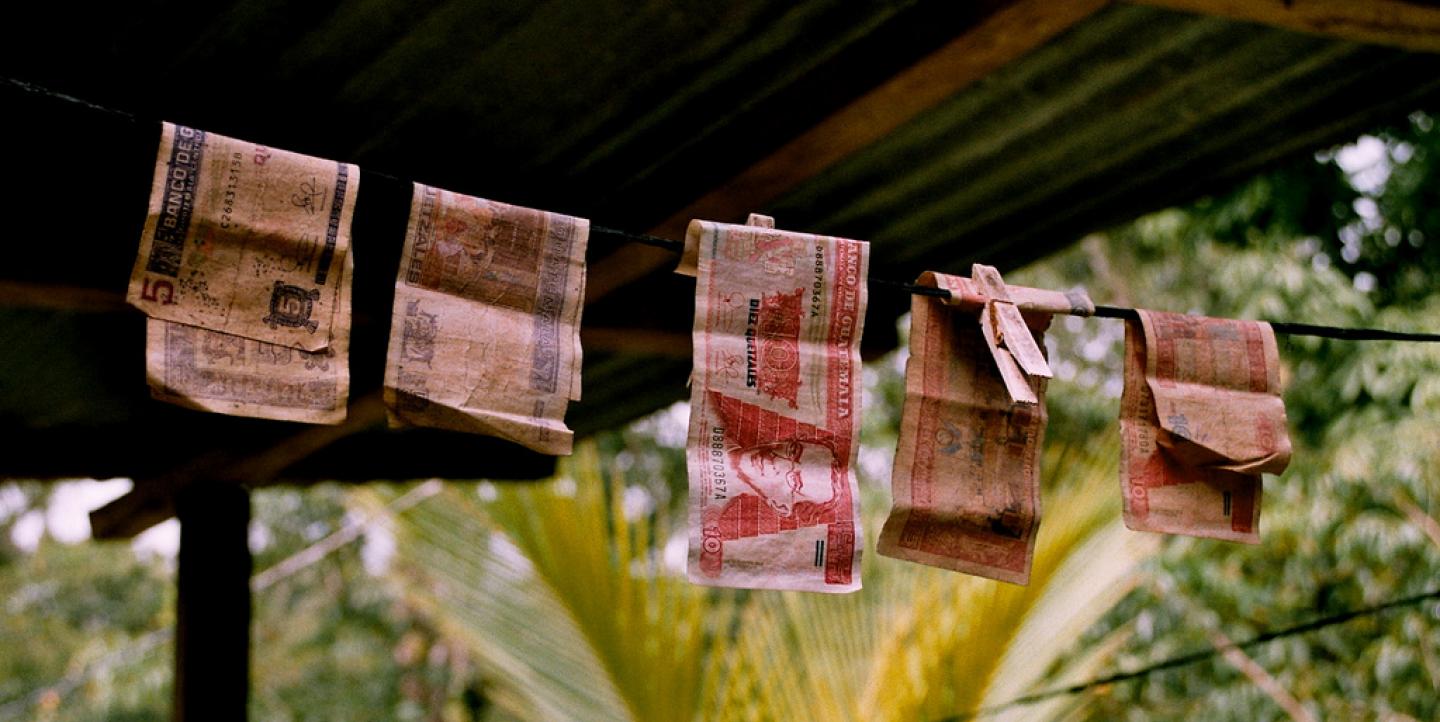“If you were a criminal, how would you launder drug money?”
It may not be a traditional way to begin a workshop, but it was the question Paul Radu from the Organized Crime and Corruption Project (OCCRP) and Carlos Eduardo Huertas from Connectas posed to a group of investigative journalists during a workshop on financial forensics as part of the Investigative Reporting Initiative for the Americas. Radu and Huertas encouraged journalists to put themselves in the shoes of criminal entities, and ask themselves what steps they would take to avoid having their hypothetical illicit activity from being discovered.
"Investigative reporters can match and surpass the creativity and resourcefulness of the corrupt if they understand how the villains build their criminal infrastructure," Radu said. "A big part of this infrastructure sits on companies, bank accounts and complex business schemes that can be exposed if journalists use advanced 'follow the money' strategies and pattern recognition technologies."
In the advent of the Panama Papers, and in an increasingly globalized world, following the money becomes critical in uncovering criminal entities and hidden conflicts of interests. Here are the three main tips this workshop provided.
Track down the owner
The use of business figureheads is both common and legal. In many cases, the figurehead may not even realize they are serving as such, leaving a complicated web of information for investigative journalists to sift through. Criminal entities may put family members or uninvolved individuals at the head of their businesses, meaning that journalists must be thorough and diligent about this piece of the puzzle.
Use multiple sources and review these regularly
Court cases, publicly available bank account information and police reports are all resources investigative journalists should tap into regularly. These documents can hold valuable clues and connections to offshore bank accounts and smaller banks without subsidiaries which are often used to abscond funds.
Think globally, not locally
Criminality often extends beyond borders, especially to countries with lax laws and regulations, meaning that investigative journalists often need to use resources in other countries to uncover lawlessness in their own. Even with restricted or cost prohibitive public information, journalists may find more complex and expansive relationships than initially imagined.
Main image CC-licensed by Flickr via KriKri01.

